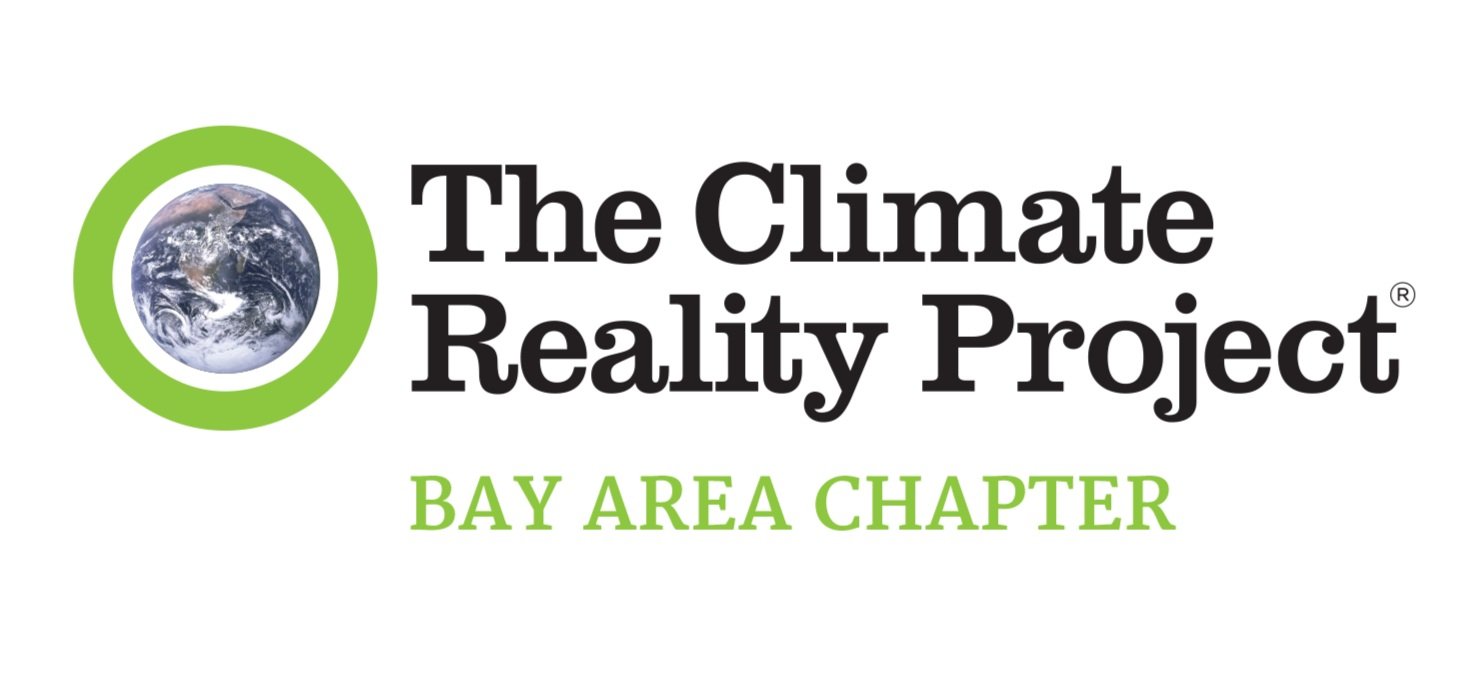SUPPORT CALIFORNIA’S NATURAL CARBON SEQUESTRATION AND RESILIENCE ACT OF 2022
Once you drive outside of the Bay Area, it’s clear that most of our beautiful state is devoted to agriculture, forests and other natural lands. California is one of the world’s “35 biodiversity hotspots” and the country’s largest food producer.
Although our chapter’s policy groups focus on energy, buildings and transportation, we can’t forget the vital role that California’s incredible natural resources play in climate.
On March 22nd, Assemblymember Cristina Garcia (D-Bell Gardens) introduced The Natural Carbon Sequestration and Resilience Act of 2022 (AB 2649), co-authored by Assembly Member Mark Stone (D-Monterey Bay) and Senator Josh Becker (D-San Mateo). The bill, sponsored by The Climate Center, the Carbon Cycle Institute and the California Association of Resource Conservation Districts, sets California’s first statutory targets for sequestering carbon in soils and vegetation.
AB 2649, which defines natural carbon sequestration as “the removal and storage of atmospheric carbon dioxide equivalents by vegetation on natural, working, and urban lands,” seeks technical assistance and support, such as workforce and infrastructure development, for farmers, ranchers and other land managers. AB 2649 also addresses environmental justice by allocating 50% of state expenditures for low-income and disadvantaged communities, including historically underserved farmers.
Berkeley has recently developed a new method of measuring soil carbon quickly and accurately without disturbing the soil to replace previous methods that were laborious and costly.
AB 2649 supports programs that emphasize ecological restoration on natural lands and conservation practices on agricultural land. In addition to sequestering carbon, this has a myriad of environmental and public health benefits, including addressing California’s biodiversity crisis. For example, use of compost and cover crops on agricultural land improves the soil’s ability to absorb and retain moisture. This is of vital importance during the most extreme drought in California over the past 1,200 years.
Compost diverts organic waste from landfills, reducing methane emissions, and can displace use of synthetic fertilizers which pollute air and water and are a significant source of nitrous oxide. Cover crops reduce erosion and can improve crop yields. Restoration of riparian areas helps to create healthy ecosystems that provide habit and food for insects, birds and other organisms that sustain life on our planet.
Healing the state’s natural and working lands will increase its resilience to wildfires, flooding, drought and extreme heat.
Visit the Climate Center’s website for additional information and to show support for AB 2649 by emailing your Assembly Member. Better yet, participate in the Climate Center’s California Climate Policy Summit on April 18th and/or its Advocacy Day on April 19th when you can urge legislators to adopt this bill and other climate legislation and thank climate champion legislators. Let your voices be heard! Our legislators need to hear from Climate Reality members that we are unhappy with their inaction on climate in 2021 and need real progress on climate and other environmental issues in 2022.
Interested in learning more?
Check out the April Chapter Training Series: Regenerative Agriculture on April 13 at 7 PM ET. This Chapter Training Series webinar will be an opportunity for you to familiarize yourself with regenerative agriculture, a system of farming principles and practices that seeks to rehabilitate and enhance our entire ecosystem. We will also be joined by guest speakers who will share their stories with us.
Submitted by Janet McGarry, trained Climate Reality Leader, July 2020
